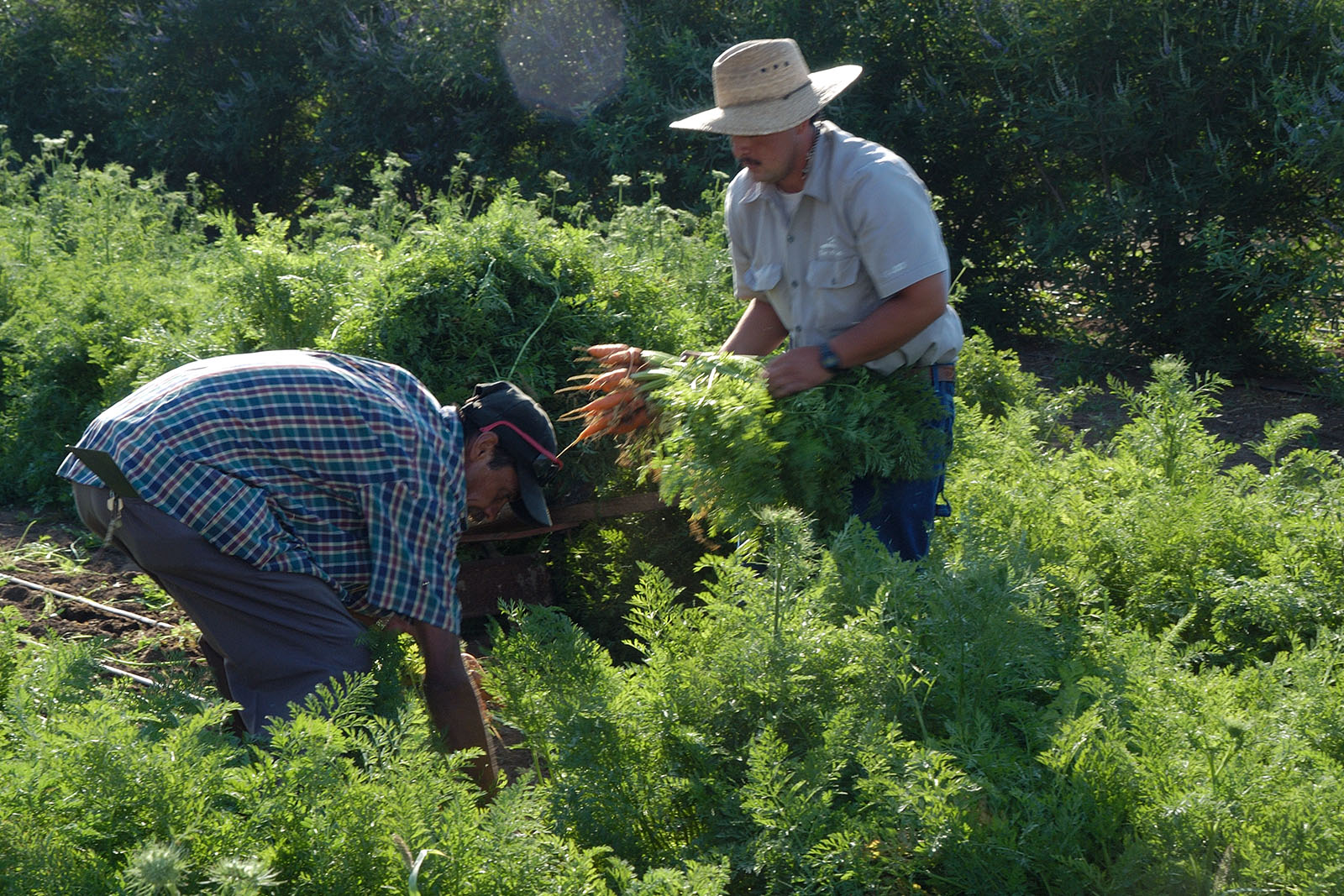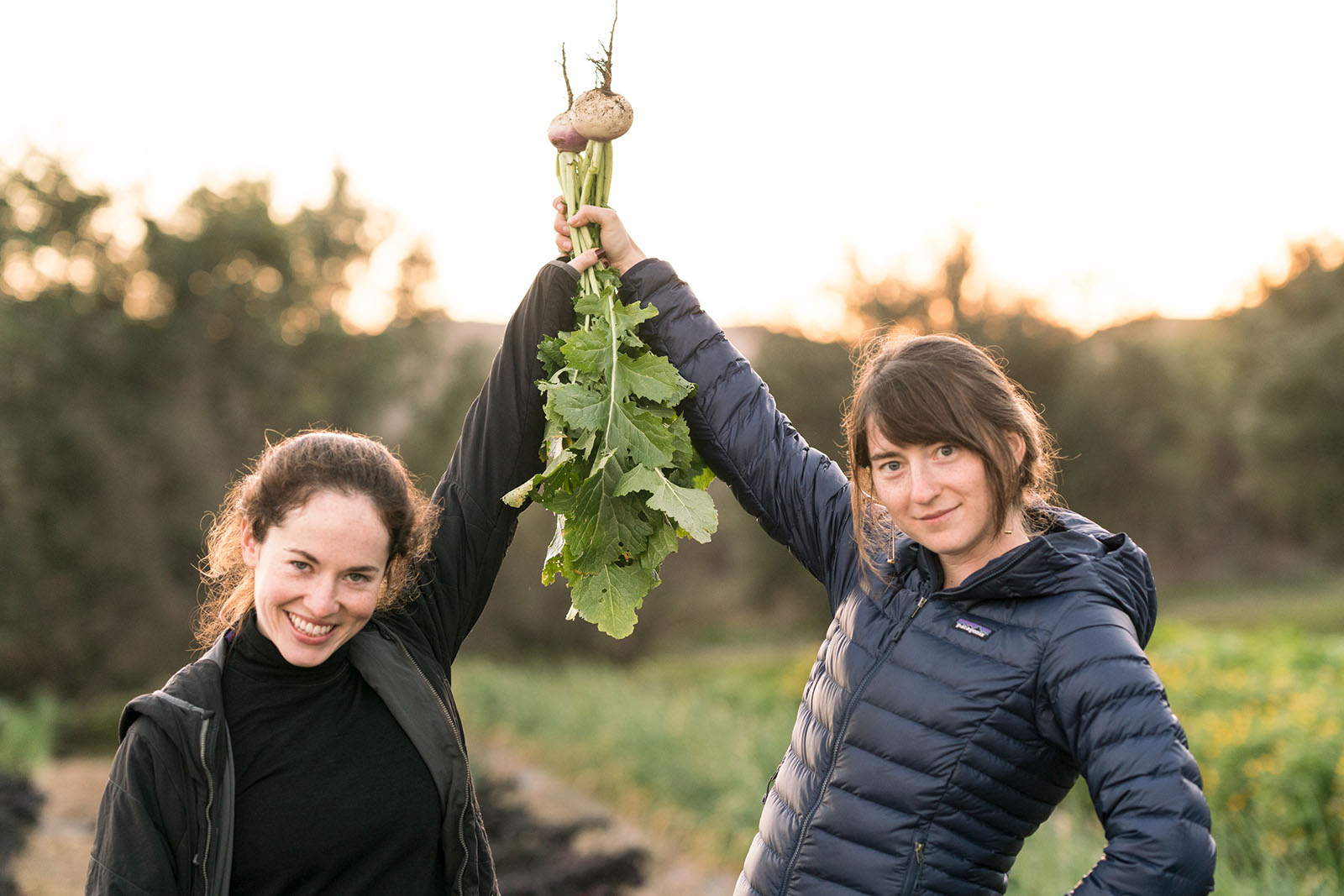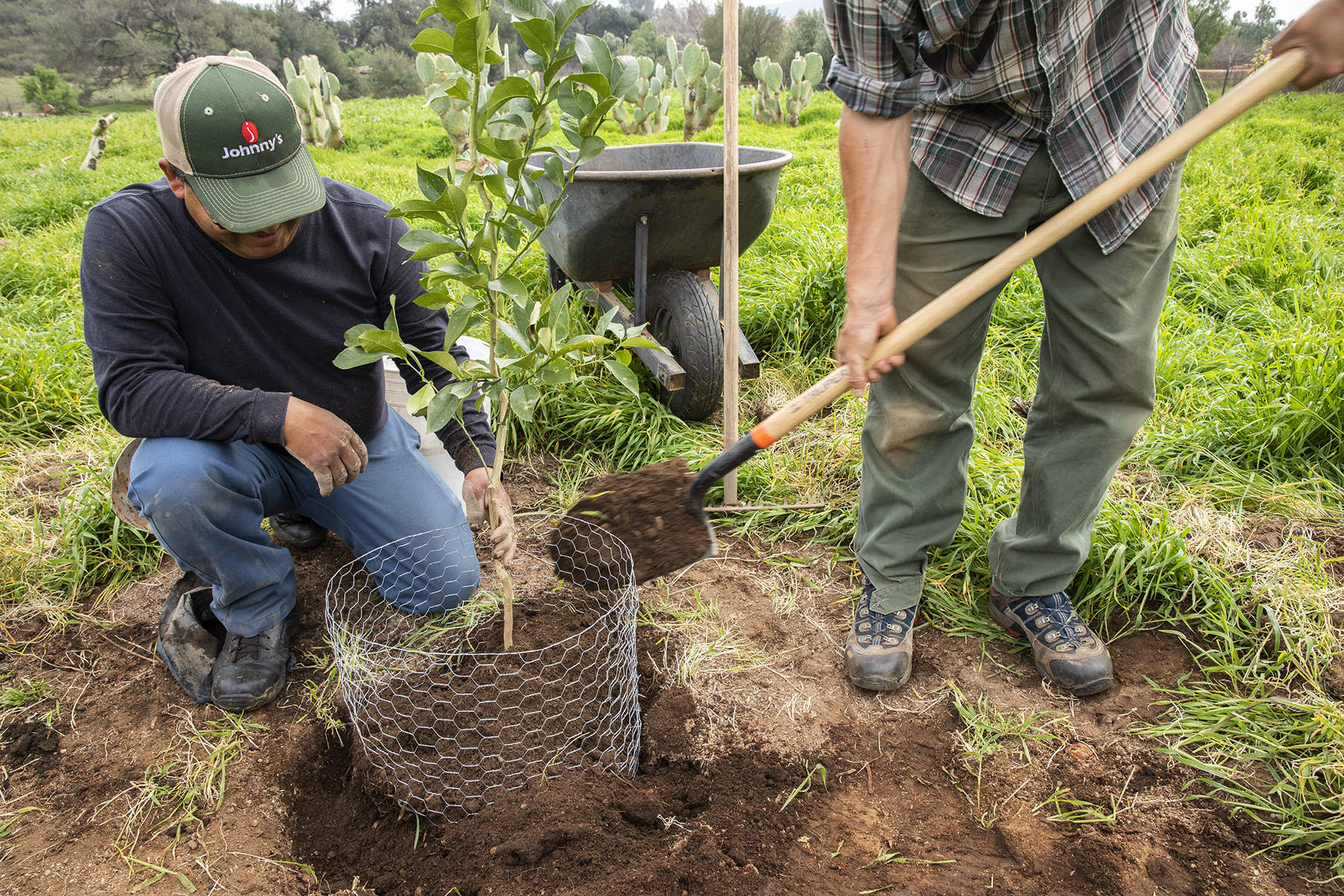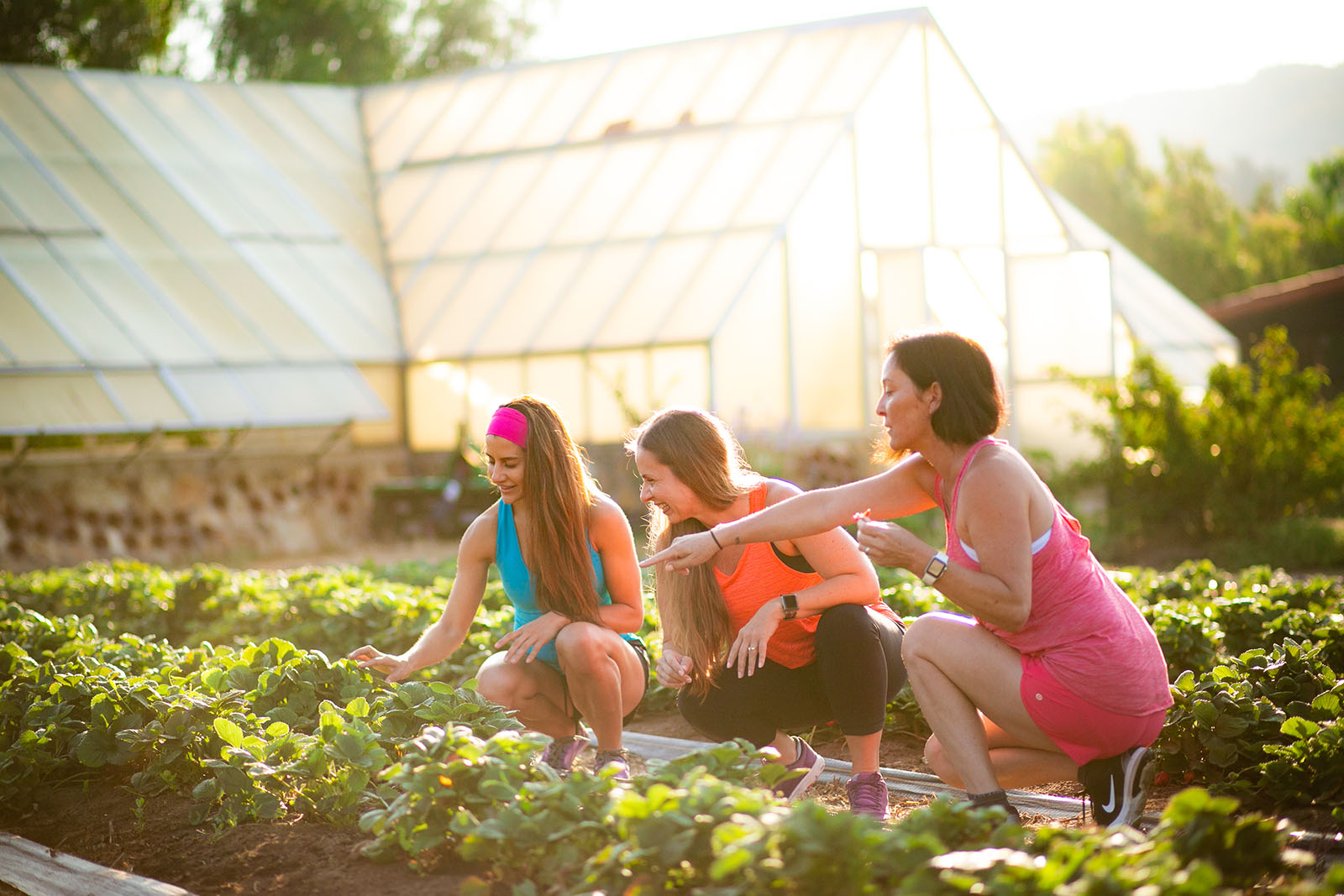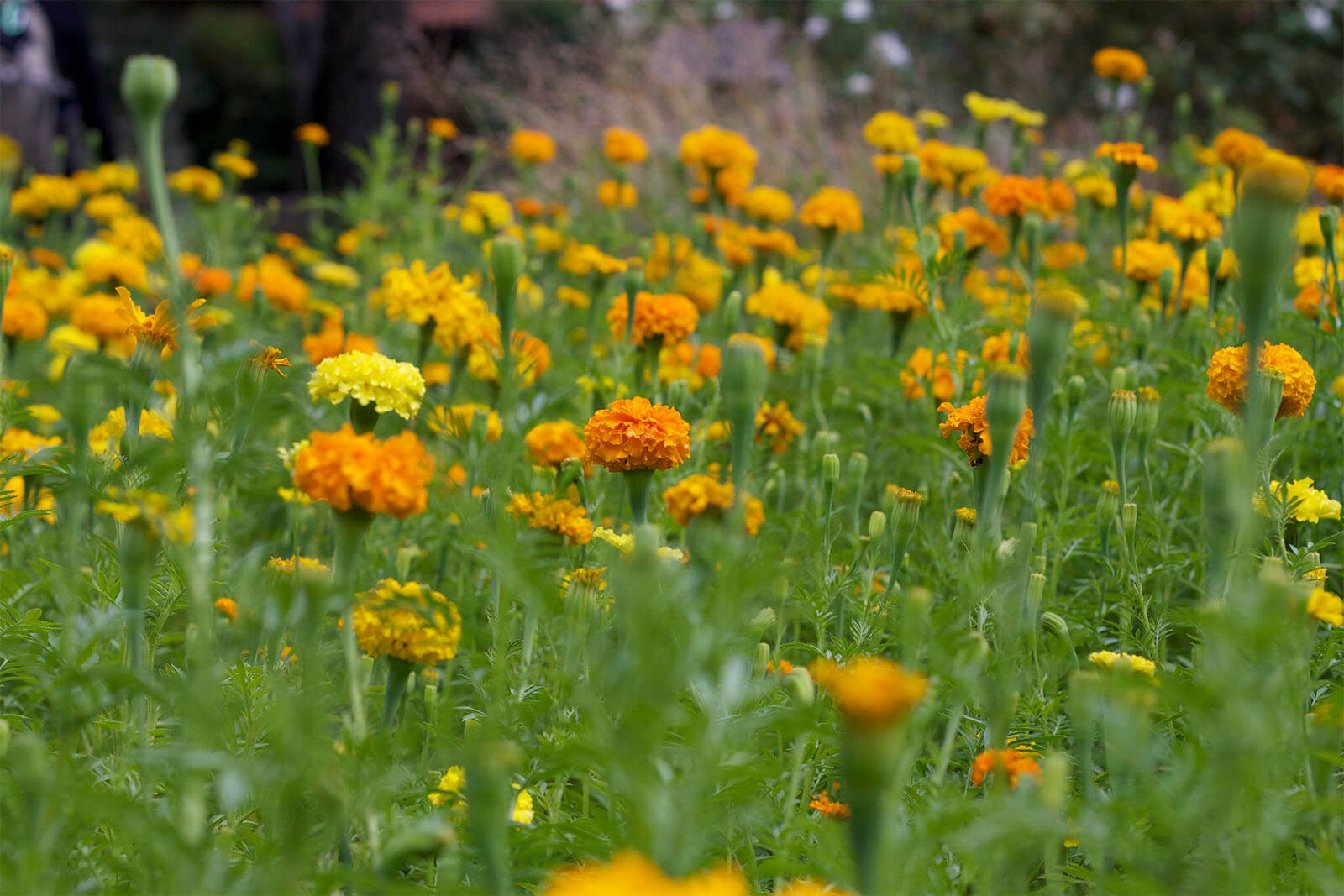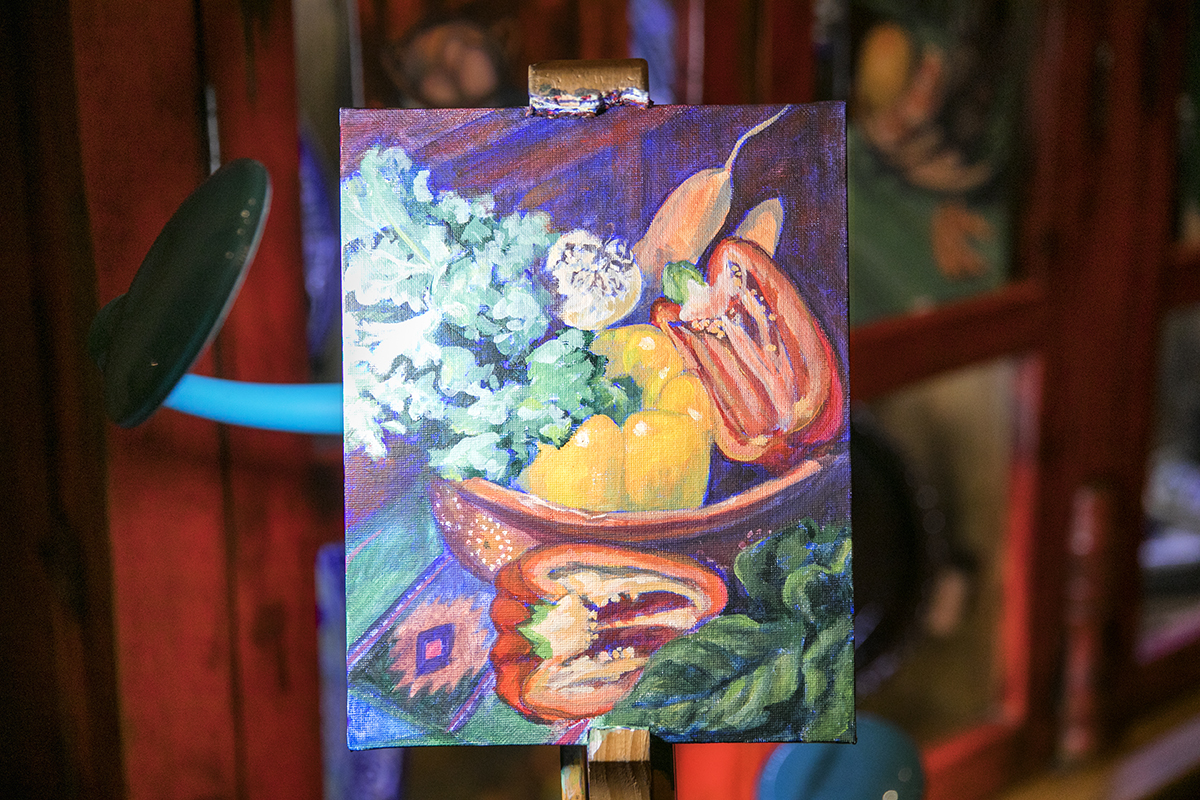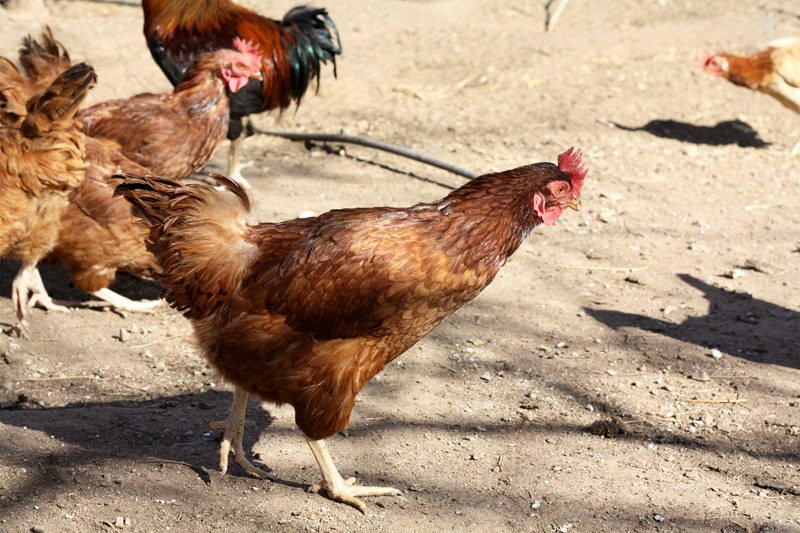Organic Farm at Tres Estrellas
Guests at Rancho La Puerta enjoy the flavors of freshly picked fruits and vegetables year-round. Visits to our organic farm, located about 2 miles up the valley from most of our facilities and accommodations, take place almost daily: a favorite is an early morning guided hike that combines a 2-mile walk through rolling meadows and chaparral with a welcoming breakfast, a tour of the gardens, and an introduction to the principles of organic farming led by our charismatic head gardener, Salvador Tinajero. The garden and cooking school were designed and created by Rancho La Puerta President Sarah Livia Brightwood. Our ecological specialist, Enrique Ceballos, also assists Sarah Livia in the garden’s vision.
